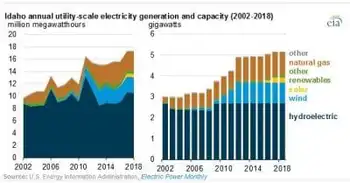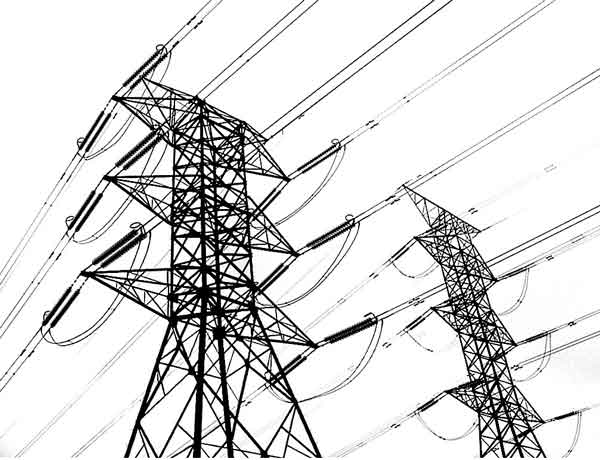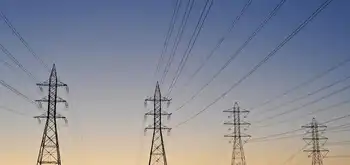Major International Player Enters the Texas Retail Electric Market; Centrica Sees Texas As An Exceptional Opportunity to Serve Retail Customers
- AUSTIN, TX -- One of the world's leading retail energy companies plans to market electricity and related services to Texans when the market opens for competition in January 2002.
Centrica plc, made the announcement shortly after filing its application for Retail Electric Provider (REP) status with the Public Utility Commission of Texas (PUCT) in Austin.
Centrica has asked the PUCT for authority to market electric services to residential and small commercial customers in all deregulated areas of Texas, including the previous service territories of Reliant, TXU Electric, Central Power & Light, West Texas Utilities and Texas-New Mexico Power. The company plans to provide service under the Republic Power and Energy America brands in Texas.
Texas native Don B. Whaley has been named President of Centrica's Texas subsidiary. Whaley has more than 20 years experience in the energy business and worked for Texas-based energy companies El Paso Energy, TXU Energy and Enron prior to joining Centrica in June of this year. Based at Centrica's Houston office, Whaley will manage the company's operations in Texas and throughout the Southeast U.S. as further retail opportunities evolve in the region.
"Our primary focus will be on the key metropolitan areas of Texas that will be open to competition, specifically Dallas-Fort Worth, Houston, Corpus Christi and other communities throughout the state. We're making a strong commitment to Texas and Texans," Whaley said.
Nick Fulford, Centrica's Senior Vice President, Business Development, said, "In our view, Texas will be great market, one of the best in North America. Consumers here understand the value of competition, and we believe they will respond well to a company that has a proven track record of providing both value and service to retail consumers in competitive markets worldwide."
"The Texas Legislature and the PUCT has designed a deregulation system that will work well for Texas consumers and for capable energy providers. Centrica's experience with deregulation in other states, in Canada and overseas gives us confidence that Texas is entering deregulation the right way -- and that will benefit consumers and everyone involved," Fulford said.
Centrica supplies energy and essential home services to more than 18 million British consumers. It operates in Europe under several well-known consumer brands including British Gas. In 2000, Centrica moved into North America by acquiring Direct Energy, a Canadian retailer that is the largest unregulated retail energy provider in North America. The company supplies natural gas to 900,000 customers in the Canadian provinces of Ontario and Manitoba and has signed more than 500,000 electricity customers in Ontario ahead of market opening in early 2002.
Through its U.S. subsidiaries, including Energy America, Centrica has become the largest multi-state provider of deregulated retail energy services in North America, with more than 400,000 U.S. utility customers principally located in Michigan, Ohio and Georgia. Centrica also recently entered into a joint venture to offer retail energy to customers in Continental Europe.
"The PUCT has given Texans a tremendous opportunity through the 'Texas Choice' program. Competition always makes markets more efficient and consumer-responsive," said Whaley. "Having grown up in Corpus Christi, I am excited about leading Centrica's efforts in my home state and to have the opportunity to serve consumers in this new deregulated market. We look forward to giving customers a clear choice that will benefit them in choosing a new electric provider."
Related News

Idaho gets vast majority of electricity from renewables, almost half from hydropower
BOISE - More than 80% of Idaho’s in-state utility-scale electricity generation came from renewable resources in 2018, behind only Vermont, according to recently released data from the U.S. Energy Information Administration’s Electric Power Monthly.
Idaho generated 17.4 million MWh of electricity in 2018, of which 14.2 million MWh came from renewable sources. Idaho uses a variety of renewable resources to generate electricity:
Hydroelectricity. Idaho ranked seventh in the U.S. in electricity generation from hydropower in 2018. About half of Idaho’s electricity generating capacity is at hydroelectric power plants and seven of the state’s 10 largest power plants (in terms of electricity generation)…




